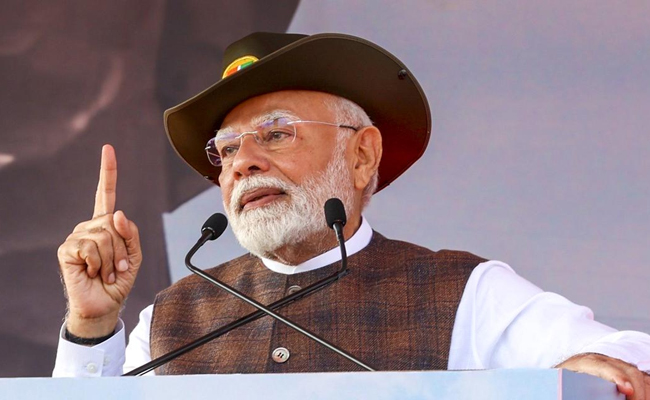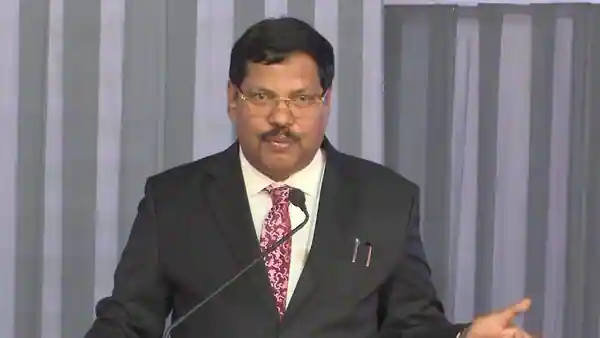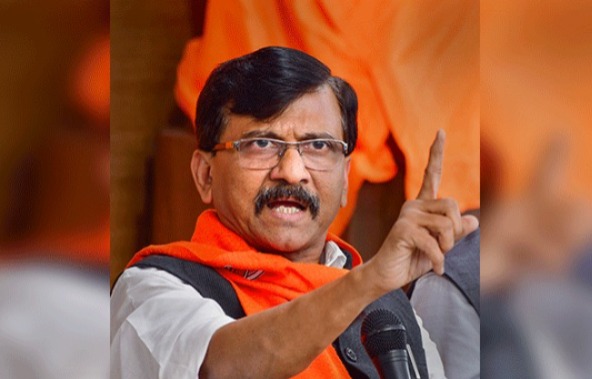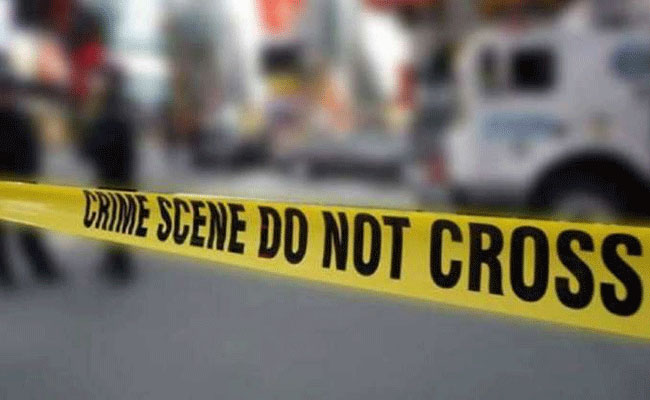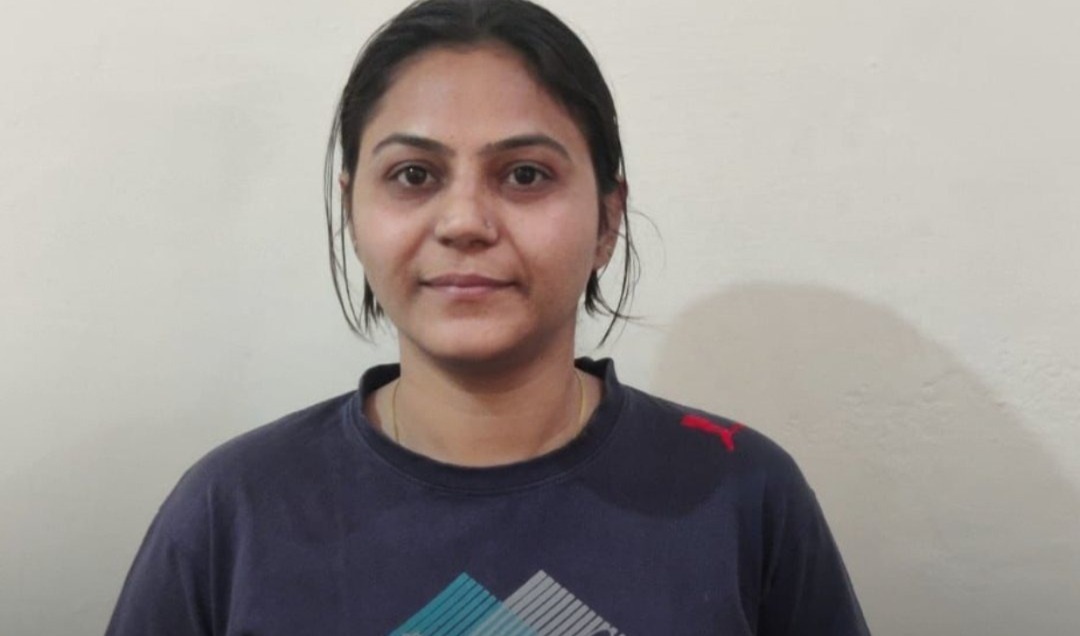NEW DELHI: 2002 Gujarat riots victim Zakia Jafri's petition challenging the clean chit to Prime Minister Narendra Modi will be heard by the Supreme Court on Monday. The Gujarat High Court had last year rejected the petition that alleges a "larger conspiracy" in the riots, and had upheld an SIT or Special Investigation Team's clean chit to top politicians including Mr Modi, who was then chief minister of Gujarat.
The report of the Supreme Court monitored SIT in 2012 had concluded that Chief Minister Modi took all possible steps to control the riots that swept through Gujarat in the aftermath of the killing of 59 people when coaches of the Sabarmati Express train were set on fire at Godhra station.
The petition filed by Zakia Jafri and the NGO Citizen for Justice and Peace, run by Teesta Setalvad, had sought a criminal trial, alleging that the Chief Minister had turned a blind eye to the violence.
Zakia Jafri, 80, is the widow of former Congress MP Ehsaan Jafri, who was among the 69 people massacred at Gulbarg Society in Ahmedabad on 28 February 2002. Ehsaan Jafri, a former Congress parliamentarian, was dragged out, hacked and burnt by the rioters. The Congress leader's frantic phone calls to police officers and senior politicians for help went unanswered, Zakia Jafri had alleged.
She approached the high court in March 2014 against the SIT's report, which had also questioned the motive behind her complaint four years after the riots.
The massacre at Gulbarg Society - a cluster of 29 bungalows and 10 apartment buildings housing mostly Muslims - was among the 10 major Gujarat riot cases re-investigated by the special team appointed by the Supreme Court.
The trial court had ruled that Mr Jafri opening fire in self-defence had "acted as a catalyst and infuriated the mob".
courtesy : ndtv.com
Let the Truth be known. If you read VB and like VB, please be a VB Supporter and Help us deliver the Truth to one and all.
Mumbai (PTI): Chief Justice of India B R Gavai on Sunday stressed that neither the judiciary nor the executive, but the Constitution of India was supreme and its pillars must work together.
Justice Gavai, who took oath as the 52nd CJI earlier this week, spoke at his felicitation ceremony and state lawyers' conference organised by the Bar Council Maharashtra and Goa here.
The Chief Justice said he was glad that the country has not just strengthened but has also developed on the social and economic fronts and continues to do so.
"Neither the judiciary nor the executive and the Parliament is supreme, but it is the Constitution of India which is supreme, and all the three wings have to work as per the Constitution," he said.
He underlined that the country's basic structure was strong, and all three pillars of the Constitution were equal.
"And all the organs of the Constitution must reciprocate and give due respect to each other," he said.
A book chronicling 50 remarkable judgments pronounced by Justice Gavai was released during the event.

